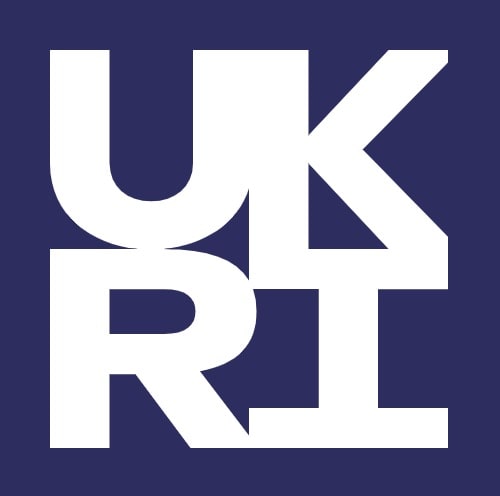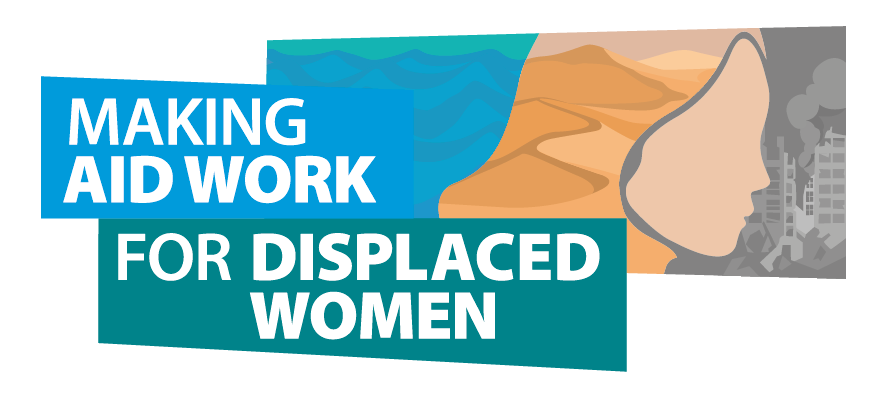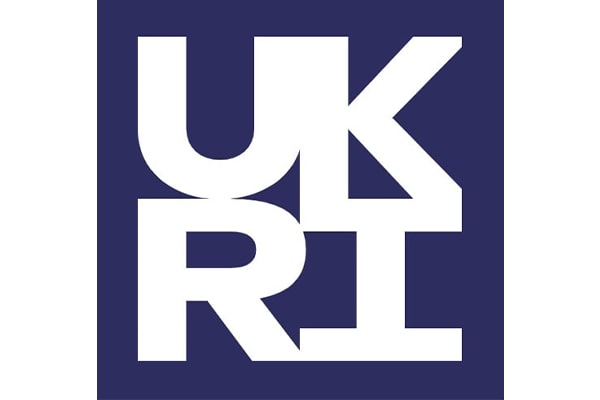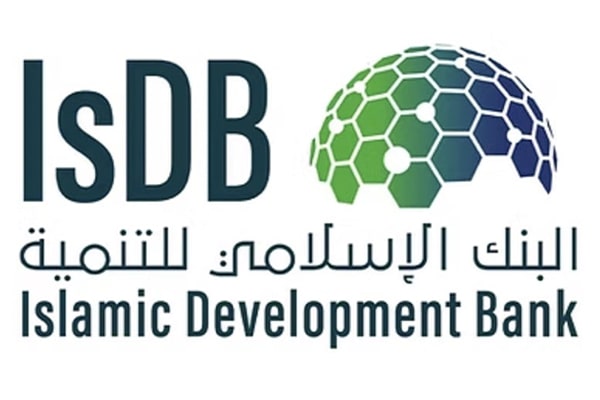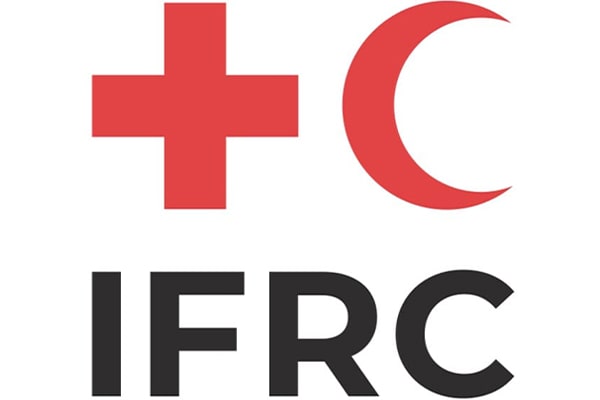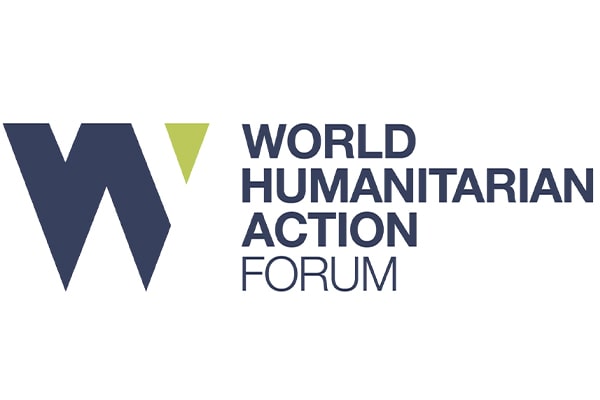Rethinking aid, together
The Humanitarian ReForM Lab (Humanitarian, REfugee and FORced Migration Lab) builds on the UKRI-funded initiative Making Aid Work for Displaced Women, led by Dr. Sandra Pertek. The initiative provides the Lab with its conceptual foundation and connects diverse aid paradigms to reshape the international humanitarian system. The Lab bridges mainstream and faith-inspired approaches to design more inclusive and effective models of humanitarian delivery.
Why This Matters
Forced displacement is one of the most pressing global challenges, with numbers increasing yearly and many emergencies becoming protracted. Muslim-majority countries host approximately half of the world’s refugee population. Turkey, Iran, and Pakistan rank among the top refugee-hosting nations, while Syria, Afghanistan, and Yemen remain major displacement origins. In parallel, Gulf countries such as Qatar, Saudi Arabia, and the UAE play a growing role as humanitarian donors and policy influencers in the region. Despite this demographic and geopolitical reality, refugee and forced migration studies remain dominated by Global North perspectives, reflecting colonial legacies in knowledge production.
Our Approach: Redefining the Paradigm
While the modern refugee regime was shaped by the 1951 UN Refugee Convention and subsequent legal developments, there is a pressing need to centre regional perspectives from the Middle East and other Muslim-majority contexts. Locally grounded research can inform context-specific responses to displacement and strengthen migration policy in these regions. This also includes cultural and faith perspectives, such as philanthropy across different traditions, and Muslim humanitarian and peacebuilding responses to conflict and crises, involving both state and non-state actors.
The Humanitarian ReForM Lab works to decolonise refugee studies by amplifying underrepresented voices from the Global South and exploring locally informed, culturally grounded approaches to research, policy, and practice. The initiative aims to harness indigenous knowledge, faith-sensitive perspectives and interdisciplinary collaboration, while transcending traditional disciplinary boundaries to produce knowledge based on power-sharing and meaningful engagement with displaced communities.
The Lab rethinks localisation, moving beyond its treatment as a mere technical fix. This requires shifting power over agenda-setting, funding, and knowledge production to local actors. Too often, international funding structures suppress dissent from local entities, while humanitarian work—largely shaped by solutions predetermined in Global North centres—takes precedence over participatory approaches (Core Humanitarian Standard Alliance, 2018: 33–34).
The Lab seeks to generate new evidence to inform inclusive migration and humanitarian policies, with particular attention to the Gulf and Middle East regions. This initiative aims to contribute to meaningful humanitarian reform by bridging humanitarian, human rights, and migration systems, and connecting diverse approaches to aid.
What We Do
The Lab produces methodological, empirical, conceptual, policy, and practical contributions that aim to strengthen global refugee governance. Through evidence-building and knowledge exchange, it supports regional organisations and enhances their role in shaping humanitarian policy reform.
The Lab brings together scholars, humanitarian practitioners, policymakers, and displaced communities to:
- Host policy dialogues and seminar series that amplify diverse voices.
- Exchange knowledge, support emerging researchers, and ensure equitable female representation.
Our Focus
We work at the intersections of:
- Decolonising aid – shifting power in knowledge production and funding from Global North centres to local actors and communities.
- Women and displacement – advancing protection and rights through gender- sensitive and faith-aware approaches. See faith and ethics in displaced women’s protection.
- Faith and displacement – exploring how religion shapes conflict, peace, and refugee experiences.
- Islamic philanthropy – leveraging zakat (obligatory charity), sadaqah (voluntary charity), and waqf (charitable endowment) as tools for sustainable and inclusive aid, particularly in Gulf contexts.
For more information and participation contact: [email protected]
Project Funder
